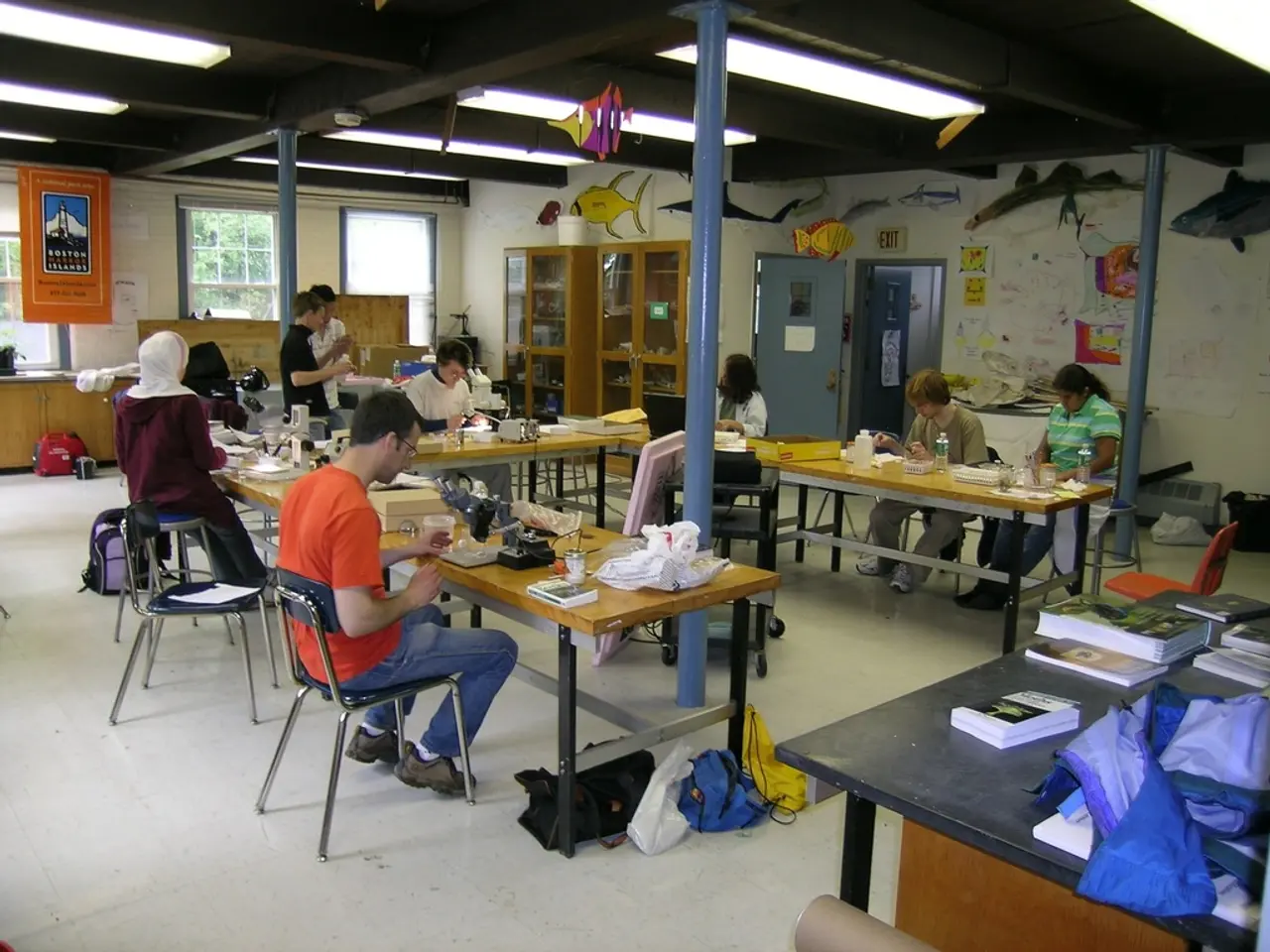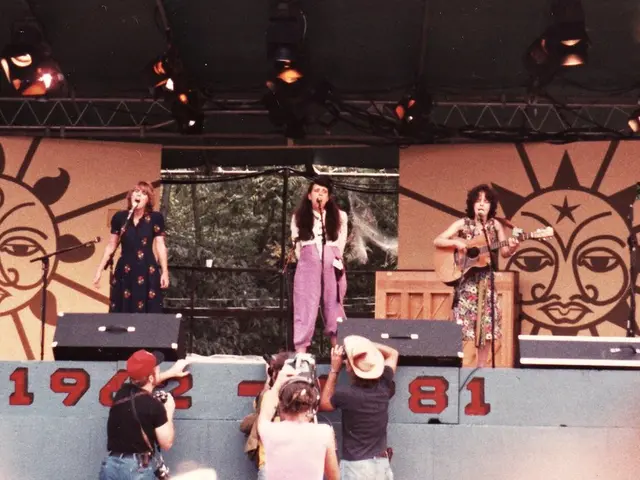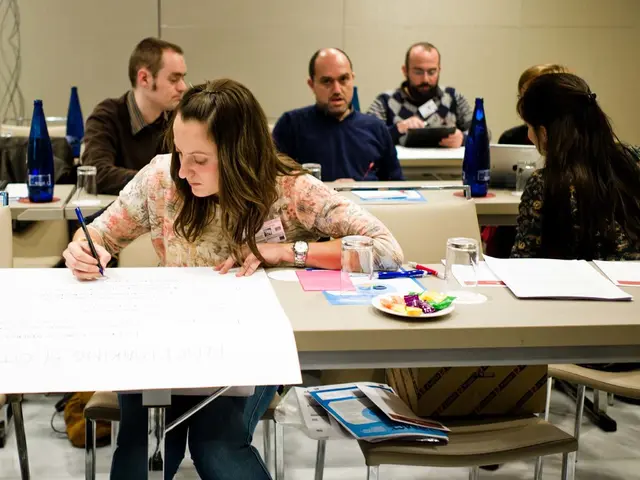Shortened Queues at DU Central Library: What's the Disruption?
Since the July 2024 uprising, Dhaka University's Central Library has witnessed a noticeable decrease in student footfall and usage. This drop is primarily due to changes in the campus residency policy and the departure of many former students who previously stayed in university halls even after completing their master's degrees.
The acting librarian, Prof. Kazi Mostak Gausul Haque, confirmed that student pressure on the library has decreased over the past year, attributing the reduced crowd mainly to the vacating of halls by former students. Many of these individuals have moved off-campus or returned to their home districts, leading to fewer users at the library.
Before the uprising, the library was a central point for student activism, with large protests and processions beginning there. However, the post-uprising physical presence and usage patterns have shifted due to these administrative and demographic changes.
The change in residency rules and economic factors like high living costs in Dhaka compelled some students to study off-campus or return home. Amanullah Riaz, a post-graduate in Philosophy, is one such example. He studied at the library for five months post-uprising while living off-campus due to high living costs, and eventually returned to his home district, Rangpur.
The university regains full authority over hall seat allocation following the uprising. Only regular students are now allowed to live in the halls, with the administration having full control over seat distribution and hall management. This rule, which does not allow students to stay in the hall after completing a master's degree, is a key factor in the decrease in library usage.
The legitimacy of using Dhaka University's Central Library for job preparation has been a long-standing debate. Prof Tariq Manzoor of the Department of Bangla at DU commented that the central library should not function as a hub for government job exams.
A visit to the library around 9am on 30 June showed several seats unoccupied, a situation nearly unimagable just a couple of months ago. This improvement in the library's situation is welcomed by students, who agree that the departure of former students from the halls has had a positive impact.
However, exact figures regarding the number of former students who used to stay in the dormitories and prepare for jobs are not available. For the past 15 years, dormitory seat allocation at DU was controlled by the Chhatra League, a student organization affiliated with the Awami League. The uprising marked a shift in this power dynamic, returning authority to the university administration.
[1] Based on interviews with Rezaul Alam, Amanullah Riaz, and Prof. Kazi Mostak Gausul Haque, and official statements from Dhaka University. [2] References omitted for brevity. Please refer to the original sources for detailed information.
- The decrease in student footfall and usage at Dhaka University's Central Library can be linked to politics and education-and-self-development, as the change in residency rules, economic factors, and the post-uprising shift in power dynamics have led to fewer students using the library for job preparation and self-development activities.
- The general news of the June 2024 uprising and its aftermath in Dhaka University has had a significant impact on education-and-self-development, with changes in policies like the management of hall seat allocation and the return of former students to their home districts, leading to a noticeable decrease in the usage of Dhaka University's Central Library.




